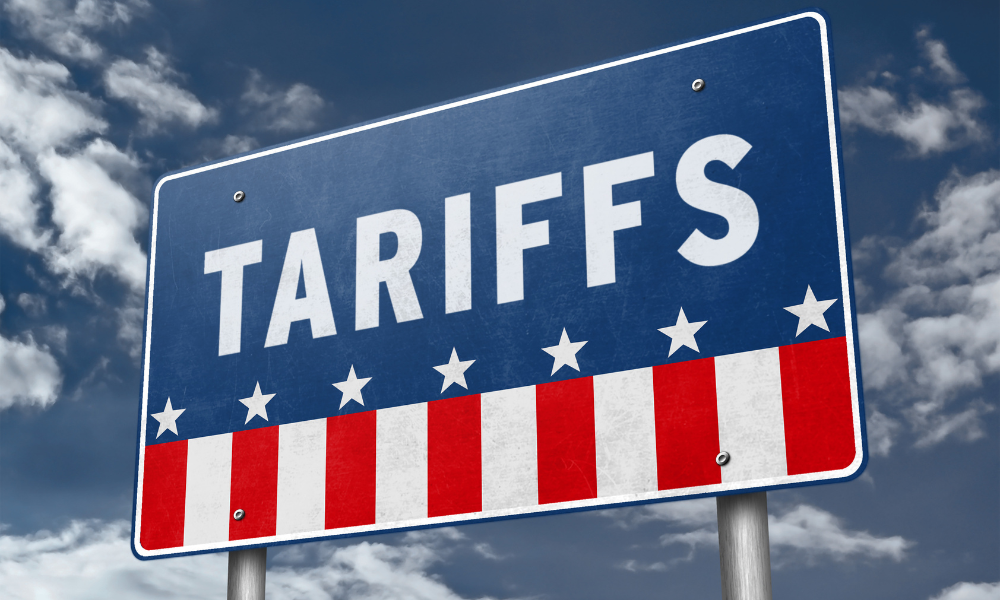Some argue that investors won't enjoy additional protection from additional legal authority

It was just last week that Manitoba Finance Minister Cameron Friesen proposed Bill 23, which would give self-regulatory organizations (SROs) in the province additional legal powers. Among those are the ability to enforce fines or penalties as if they were court judgments, as well as civil immunity from lawsuits levelled against them or their employees for carrying out their regulatory duties in good faith.
With that, Manitoba has joined Alberta, Quebec, Prince Edward Island, and Ontario in granting enhanced legal authority to SROs, which proponents argue reinforces investor protections. But this assertion is being questioned.
“Additional fines collected through these enhanced enforcement powers will not be used to compensate harmed investors and, indeed, may even diminish the amount of money a dealer or adviser has to satisfy victims' claims through civil litigation or arbitration,” said Khrystina McMillan and Shakaira John of Babin Bessner Spry LLP in a recent commentary.
Other critics, they said, argue that the additional fines could not be used to finance the SRO’s regulatory activities and operations because it would constitute a conflict of interest. That limits the possible uses to activities like public education, which do not directly benefit or compensate investors for losses they suffered as a result of wrongdoing.
“Nor do the enhanced SRO enforcement powers appear to be necessary to deter offenses or hold dealers and advisers accountable for wrongdoing,” McMillan and John said. The fact that violators would have to leave the securities industry to escape fines or other penalties, some argued, make such sentences a “career-ending punishment ... [that is] considered sufficient for the disciplinary procedures of most other professions, including health professionals, lawyers and accountants.“ To punish more egregious acts, other mechanisms like criminal or quasi-criminal prosecutions may be pursued instead.
The new enforcement powers may also infringe on the rights of the subjects of SRO investigations. Since SROs are able to establish their own rules and procedures, procedural rights that are granted to parties in court proceedings or public prosecutions may not apply. Manitoba’s proposed Bill 23 could be a prime example, as the provision for SROs’ immunity reportedly would be effective “even if the SRO's investigation or prosecution was carried out negligently.”
“These amendments appear to be transforming the role of SROs more into something resembling public prosecutors, without significant consideration or debate of the implications,” McMillan and John wrote.



